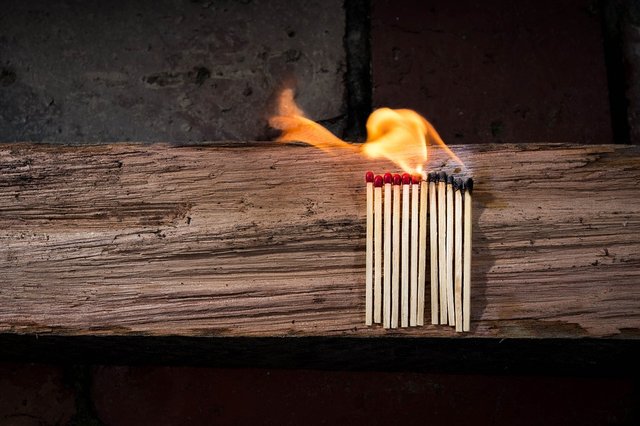Why free speech in Venezuela is a dangerous thing?
There are two laws that the Venezuelan’s Government uses in order threaten and punish the free diffusion of news and opinions, despite the Constitution establish the free speech right to all citizens.
1.- Ley de Responsabilidad Social en Radio y Televisión (Radio and TV Social Responsability Law). Enacted on 2004 and reformed on 2010 in order to control the use of internet and social media. That reform changed its name to Ley De Responsabilidad Social en Radio, Televisión y Medios Electrónicos (Radio, TV and Electronic Media Social Responsibility Act). This law is been uses for the government trough Conatel (Comisión Nacional de Telecomunicaciones or National Telecom Commission) to close radio stations, put programs out of the air, and blocked web sites.
Conatel prohibits TV stations to broadcast violence on 2017 when the government armed forces crushed civil people protesting against Nicolás Maduro in several places in the country. Only the internet TV stations broadcast the outrageous scenes of National Guard and Police beaten and in some cases killing young protesters.
The Sindicato Nacional de Trabajadores de Prensa (SNTP), affiliated to Journalist International Federation (JIF) had denounced the government threatens to media and journalists.
2.- Ley Constitucional Contra el Odio, por la Convivencia Pacífica y la Tolerancia (Constitucional law against hate and for the pacific coexistence and tolerance). Enacted on 8th November 207 by the National Constitutional Assembly (Asamblea Nacional Constituyente), an institution pointed as illegitimate for the US Government, the European Union and more than 30 countries around the world.
The government interpretation of this law is so ambiguous that was used to fire a Metro de Caracas’s employee because he complaints about his salary in a Facebook’s post.
The sentencies for publish messages (news or opinion) that the government take as hate incitation could be 20 year or to close the media were the piece was published (articles 20 y 22).
“(…)the IACHR has received complaints of criminal proceedings being initiated against journalists, media outlets, university professors, and citizens in general, with the intent of not only punishing individuals actions but to set an example and in turn encourage an environment of self-censorship to inhibit criticism of the State authorities or other issues of public interest. (…) the act of charging people with vague and ambiguous criminal offenses, such as the crimes of criminal defamation, high treason, and incitement to violence, has resulted in the criminalization of public opinion or criticism as well as other journalistic work and amounts to a violation of legal principles and Inter-American standard” report of panel of independent international experts designated by the Secretary General of the Organization of American States (OAS)
Human rights violations
To protest in Venezuela could be so dangerous that could cost your life. More than 100 people were killed between March and July in the massive protests of 2017. The repressive fury of Nicolás Maduro, included in the OFAC list and accused of human rights violation in the IJC, has tortured and jailed more than 200 persons for political reasons, according with Foro Penal (an Venezuelan NGO).
The Organization of American States (OAS) considered on August that there is evidence of human rights violation by the Maduro government since 2014.
Jailed and exiled because a tweet
The university leader Vilca Fernández was arrested on January 31 th 2016 after post a tweet when he says to the chavista strongman Diosdado Cabello (listed in OFAC because drug traffic and corruption) that his days in power where counted. He was released more than two years later but with the condition that exile to Perú.
Journalism under threaten
A survey conducted by the Venezuelan no governmental organization Mediálisis shows that 50,3% of the journalist answered that suffered aggression, threaten or any other form of intimidation from institutions o persons alien to the media their work for.
Almost 40% of the threaten were physical, 38% directed to the media and 13% to other people related with the journalistic work (cameras, and assistants).
The Press Workers National Union (Sindicato Nacional de Trabajadores de Prensa) counted on 2017 a total of 200 aggressions against journalists, especially in the massive protest within March and July.
Image source: Pixabay
